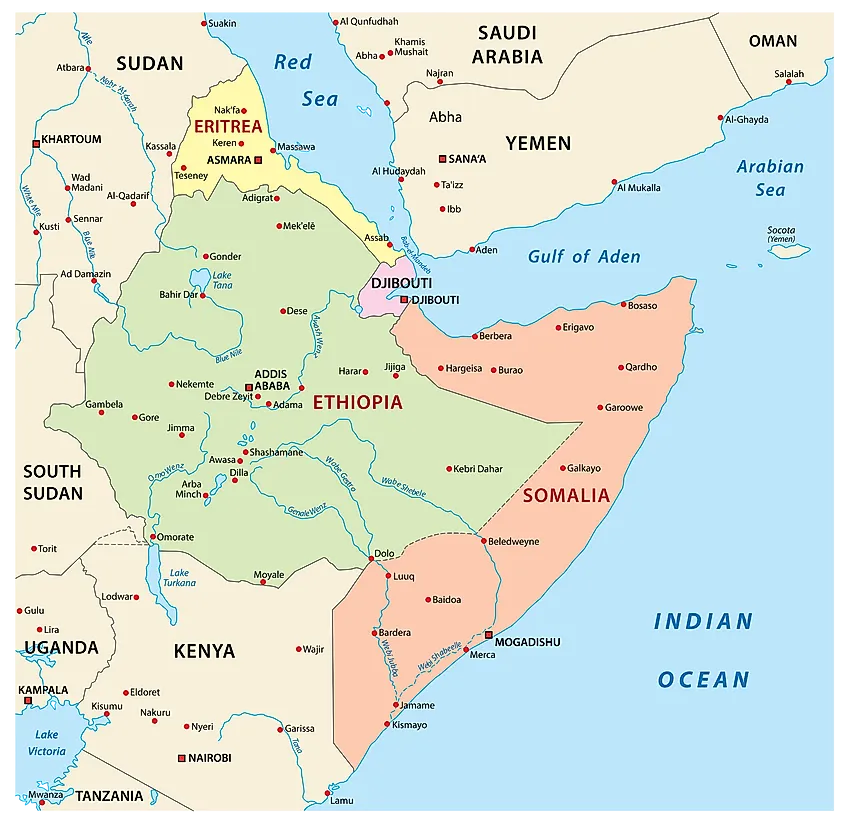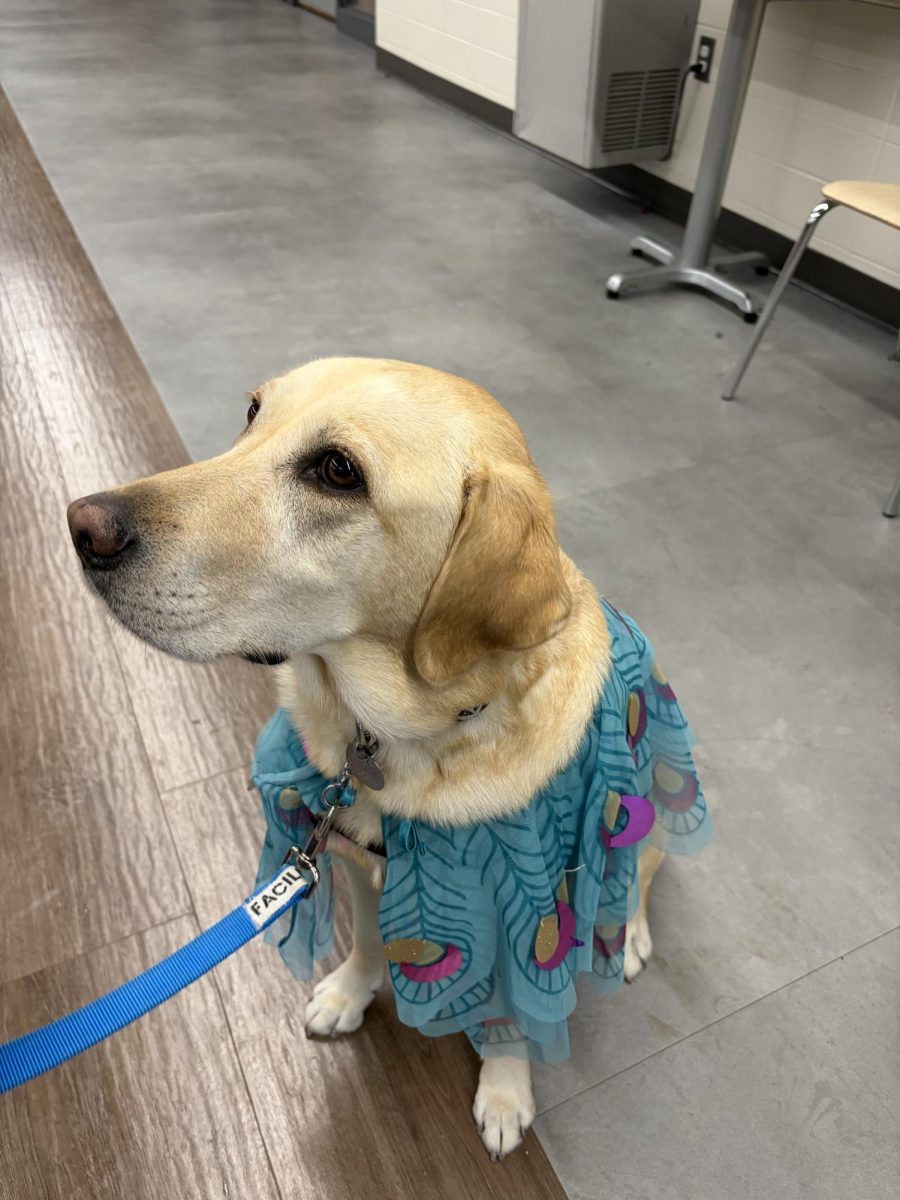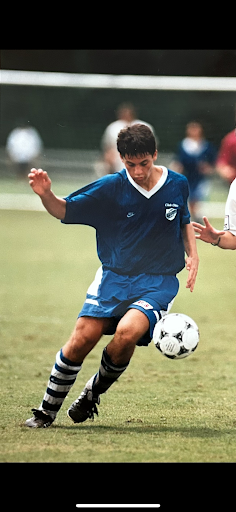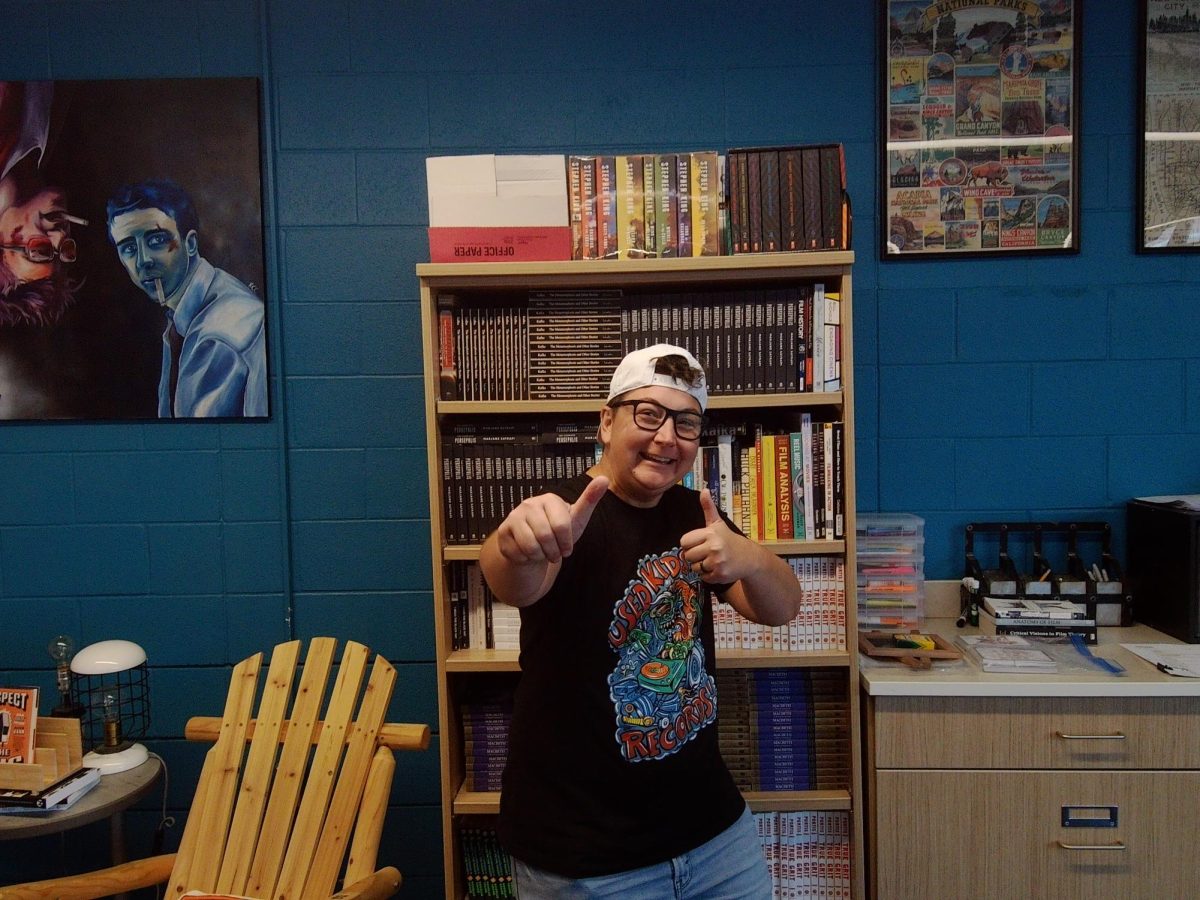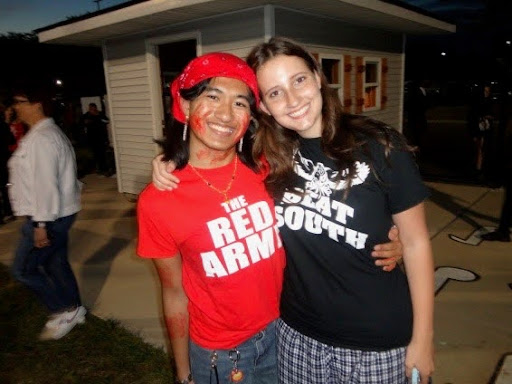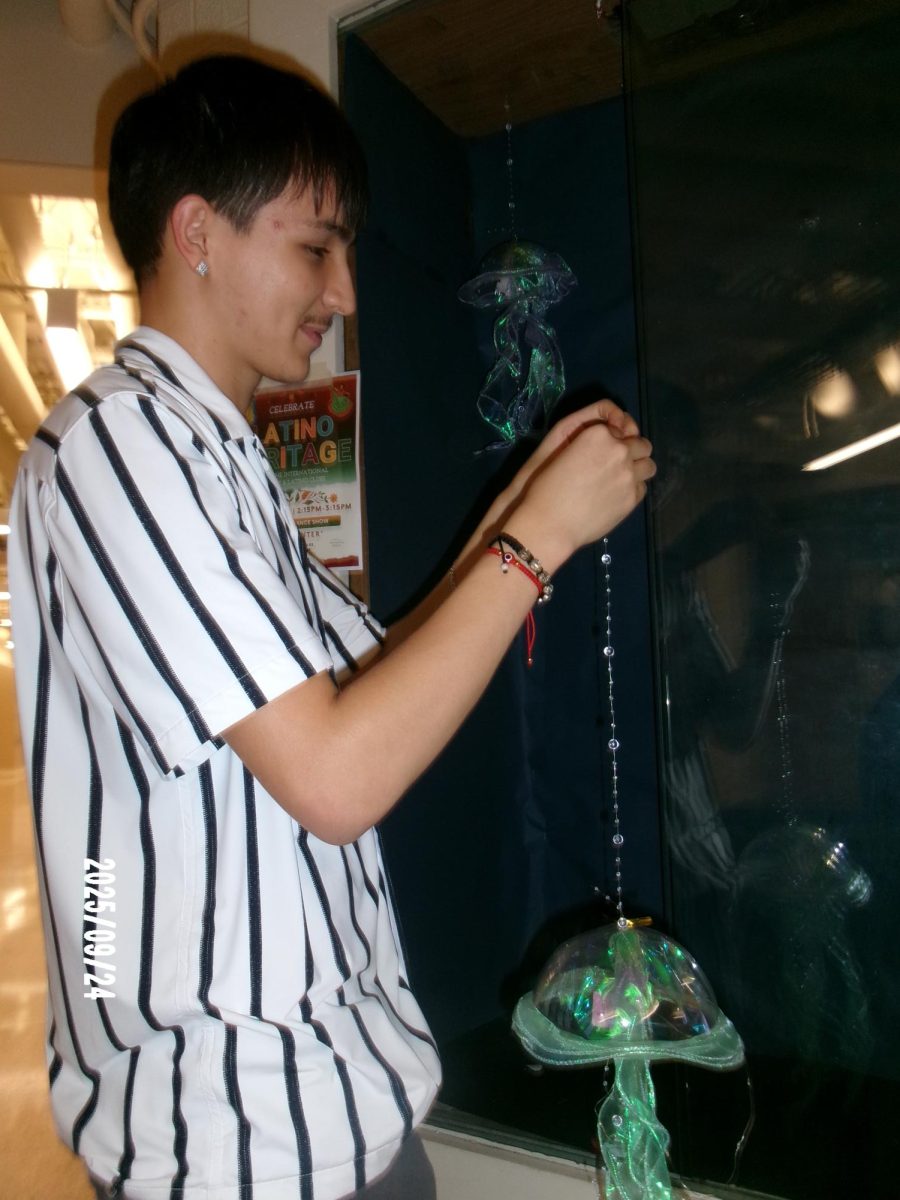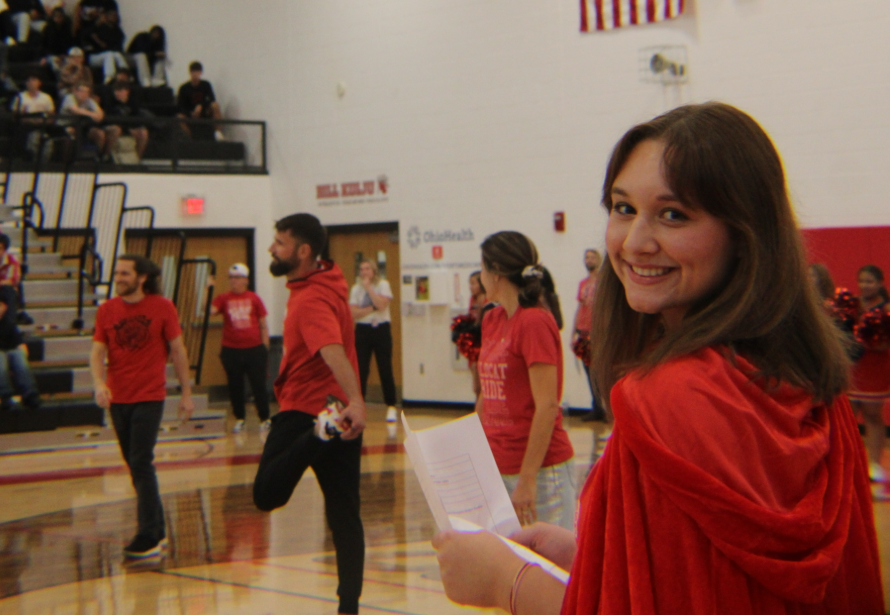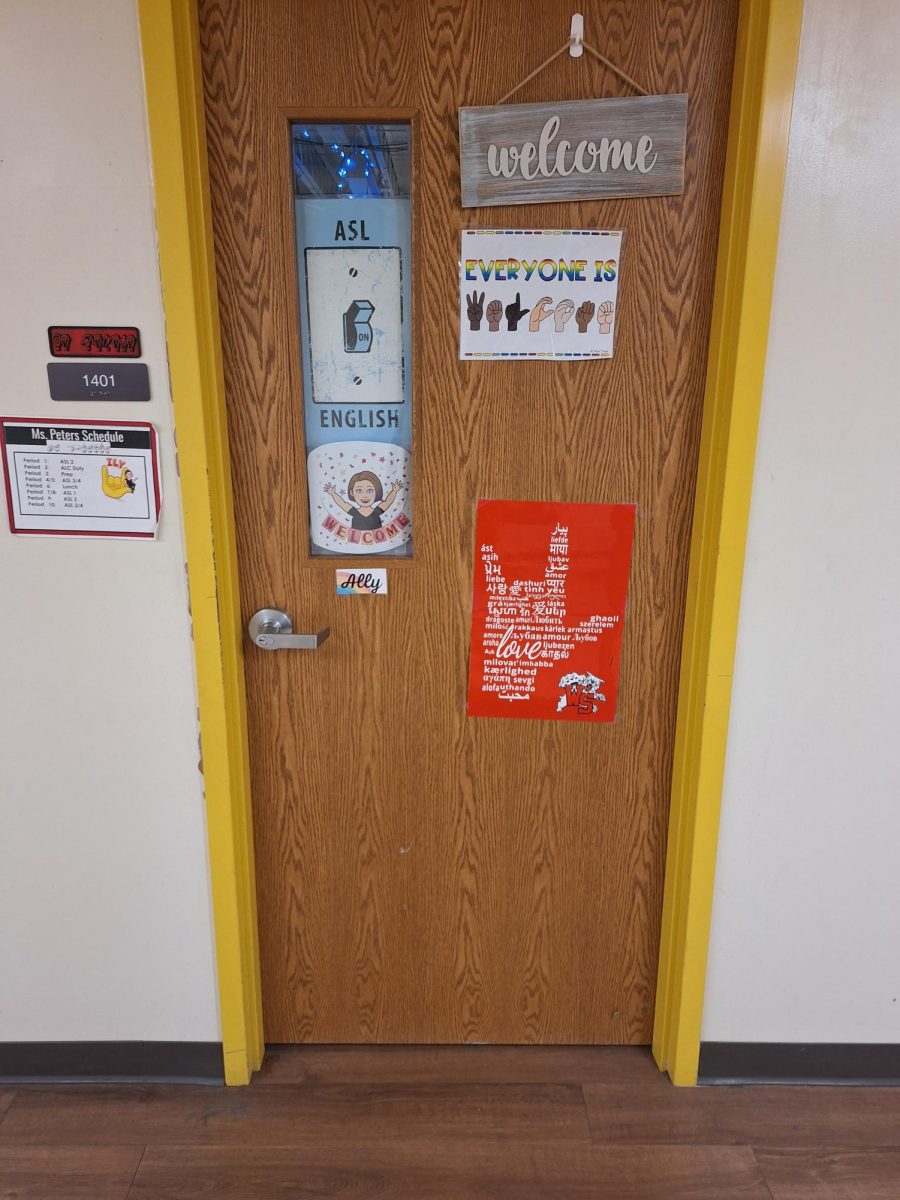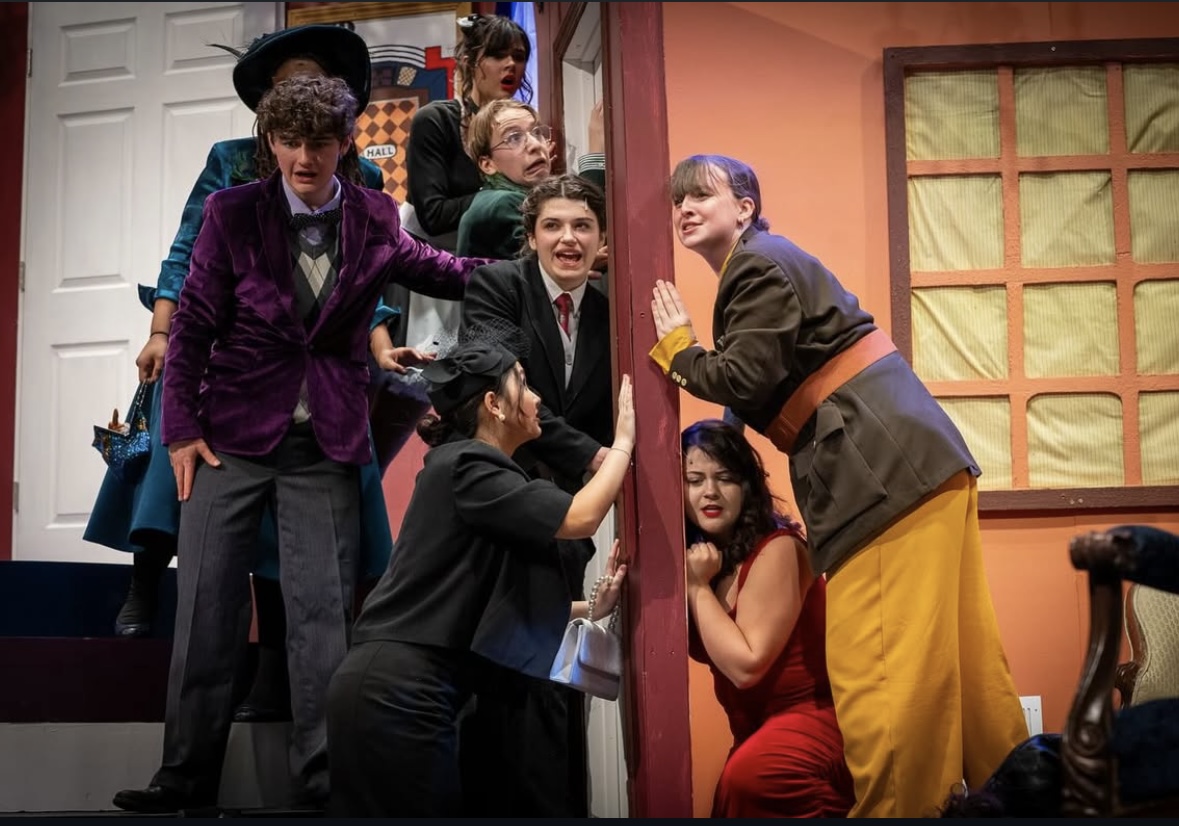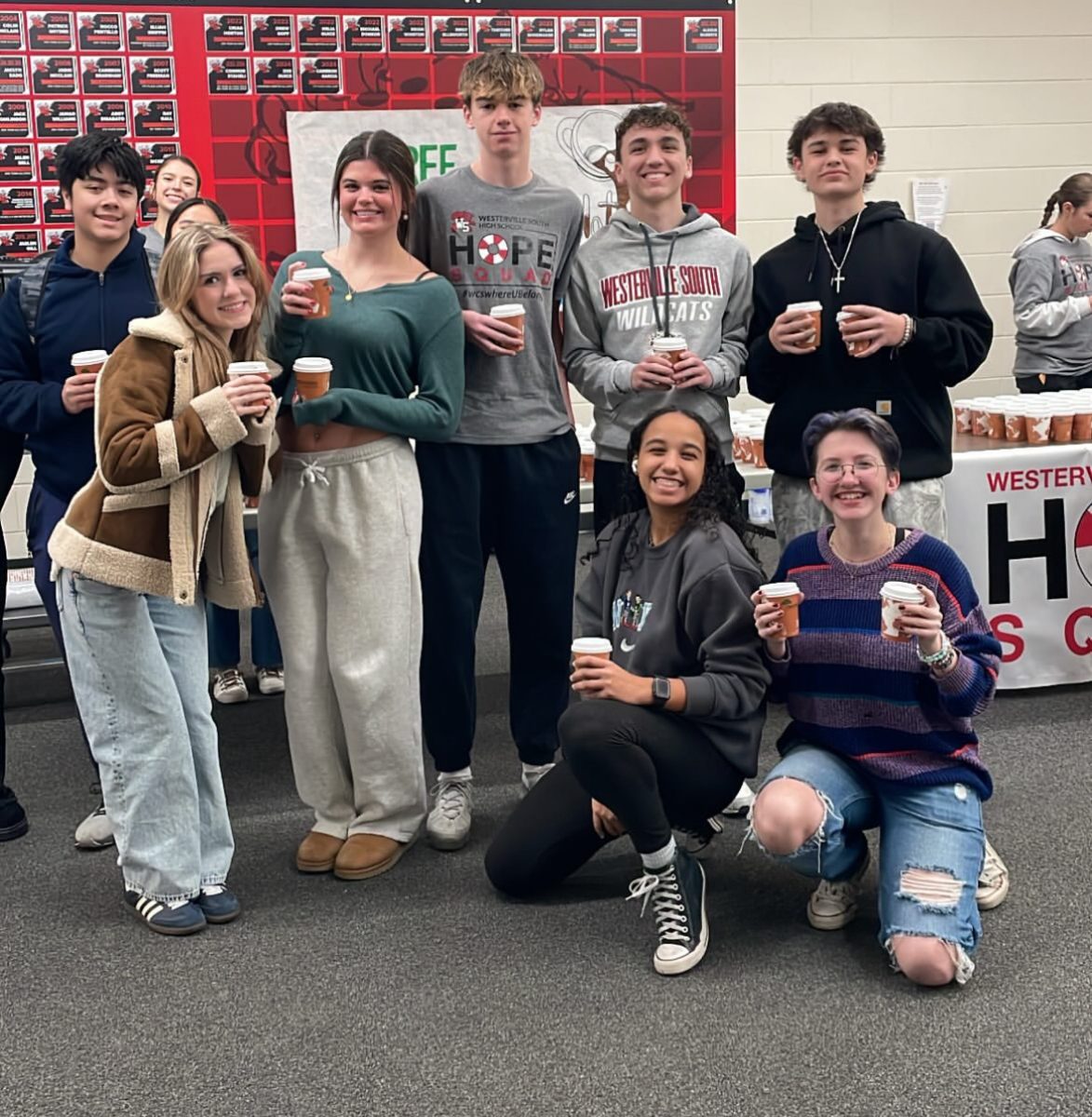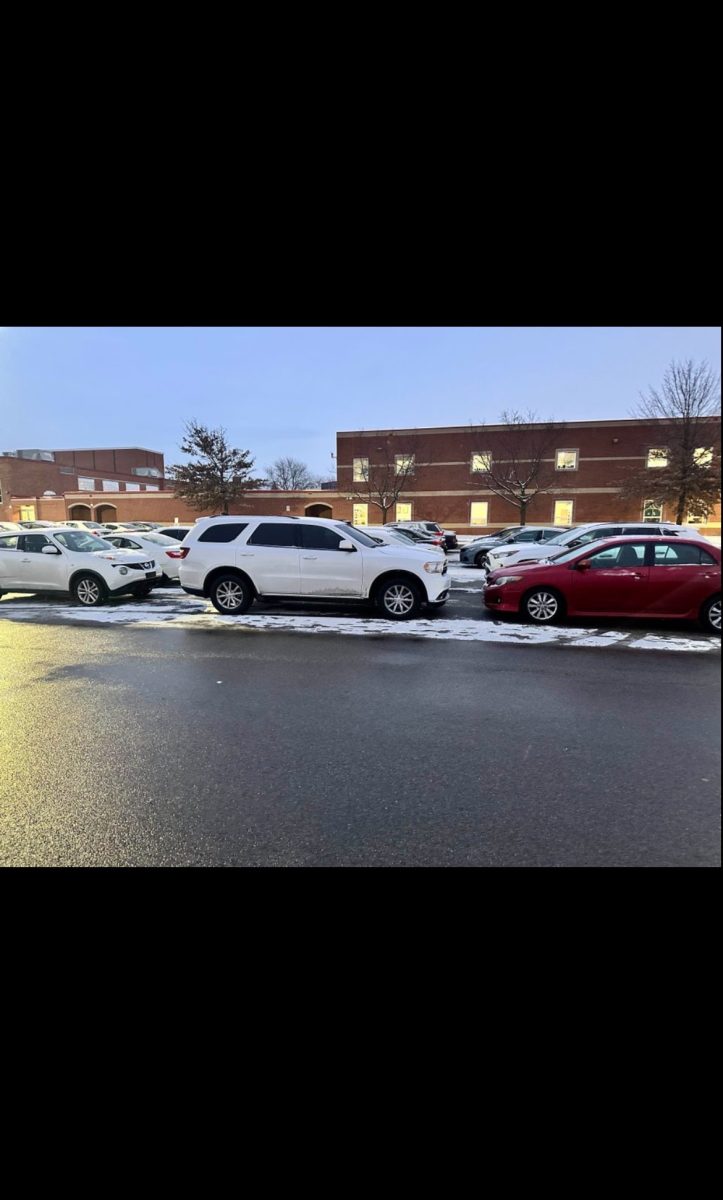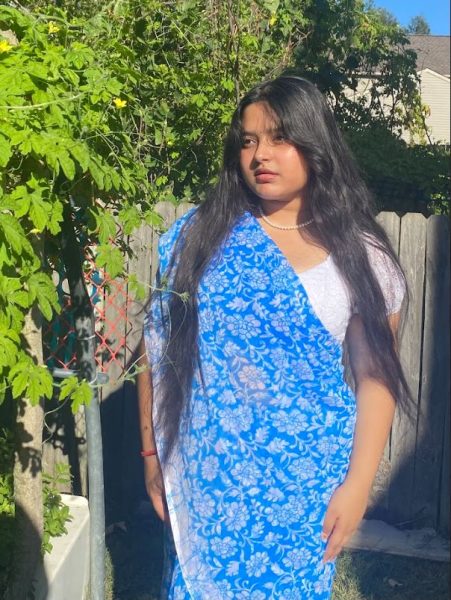Refugee is a word and identity tied with various stigmas as well as struggles. Many may be familiar with the term from news headlines of distant places, but our own community is made up of so many that are connected to that diasporic identity.
It’s essential to learn about the challenges faced by people within our community, so that we are better able to support and foster empathy towards each other.
My own father(baba), Suk Adhikari, is a refugee from the ethnic cleansing in the late 1980s in Bhutan. The Bhutanese government at the time targeted the ethnic Nepali community, who had lived and worked in the nation for generations.
Bhutan enacted policies such as the “One Nation, One People” policy, which required the majority Hindu Nepalese to conform to Bhutanese culture, speak only the Bhutanese language (Dzongkha).
There are also reports of soldiers force feeding pork and beef to the Hindu people, for whom abstaining from its consumption is a sacred part of their spirituality.
Although Nepalese who had been residing in the country as of 1958 had been granted citizenship, many were labeled as illegals and forced out.
“We had citizenship,” my baba tells me, “but when the soldiers burnt down one of our two houses, we fled the country.”
It was the summer of 1992, and my baba was 16 years-old at the time. I myself am 17 now, but I remember when my own 16th birthday drew near, I felt a sense of unease.
I wonder now, how he would have felt then, had he known that the state of statelessness would follow him for the next 25 years.
My baba and his family, like many others from Bhutan, walked to India with their cattle, as Nepal was not bordered by Bhutan.
“The Indian government put everyone into cargo trucks and shipped them off to eastern Nepal,” my Baba said. His family however, had him sneak off to Assam where he had distant relatives; he lived there for a year and took care of the cattle.
“When I was in Assam, sometimes when letting the animals graze, I’d walk close to this Pomelo tree by one of the borders of Bhutan,” Baba said. “We used to live by this same border on the other side; and then too, I’d sometimes walk to this tree when grazing and eat its fruit.”
He told me when he went to the Pomelo tree from Assam, the once sweet fruit now had twinges of bitterness. “I did not understand why I had to leave my home, and be separated from my family,” Baba said. “But, I also understood I could not walk further than this tree.”
A year in, my father contracted malaria and had a close brush with death. It was around that time that his father came to take him to the refugee camp in Nepal, and they sold the animals as well.
By the time my father made it to the refugee camps, they had already been set up. It was only 6 months after the refugees had poured in that the Nepali government contacted the United Nations (UN) and its sub organization, United Nations High Commissioner for Refugees (UNHCR).
This group has aided various displaced people, from Bhutanese refugees in South Asia to Sudanese in northeast Africa.
South junior Dalia Arja is also a refugee; she is from Sudan and was displaced in 2009 due to the Darfur genocide, which began in 2003 and carried ongoing violence, which has now turned into another genocide.
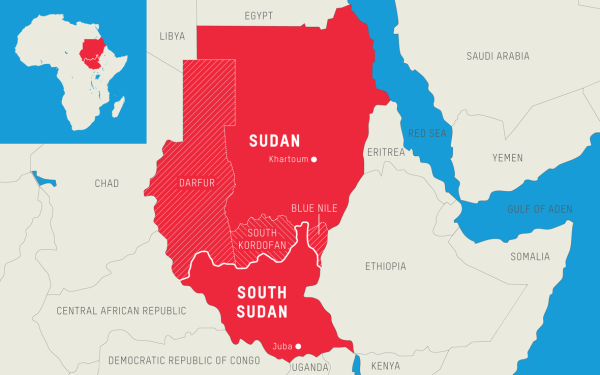
“Some Sudanese people were displaced during the 2011 civil war, others due to genocide, and most recently, the war,” Arja said.
Darfur is a region in western Sudan. According to the Holocaust Museum in Houston, the area is mostly made up of Muslims, but the Sudanese government exploited the tribal and ethnic differences in the area, arming the Arab militia group (the “Janaweed”) against the African groups. The government would strike from the air, while the militia burned villages and poisoned wells.
Arja’s family, consisting of her parents and two siblings, left Sudan due to the violent circumstances and first sought refuge in the neighboring country of Libya. They left for Egypt after just several months though due to increasing political tensions in Libya, and around a year before NATO started bombing the country.
“Although I was really young at the time and don’t remember as much, I honestly just had this feeling of ‘why,’” Arja shared. “Like why has this happened to us, why can’t we go back home?”
This questioning of it is a feeling shared by many displaced people, because what reason can truly be given, as to why you had to leave the place you call mother(land).
When Arja and her family arrived in Egypt, refugee camps had already been set up, and were sectioned off by countries. “There was a section for Eritreans/Ethiopians, Somalis, Arabs, and then Sudanese,” Arja said.
Her family was in Egypt for five years, and Arja said the state of the camps was terrible, with frequent floods and inadequate rations.
“We did receive food but very little medical care. I remember my brother was very sick, and my mom took him to the doctor(they aren’t from the area and it was kind of like a pop up clinic),” she explained.
“They basically turned them away and said we don’t open until 12 p.m., come back later, and when my mom did go back, they’d left,” Arja said.
The camps in Nepal also echoed similar conditions, and my baba said it was overcrowded, with some of the already scarce rations also being rotten.
“These were good people; they used to own land and used to farm, but due to the scarcity, a lot of people turned to stealing and became criminals,” my baba explained, which further contributed to the insecurity.
Former South student Nabiha Ilkaqor was born under similar conditions in a refugee camp in Nairobi, Kenya, where her parents had also met and married. Her family had left Somalia in the late 1990s due to the Somali Civil War, and her father had also lost both of his parents in the conflict.
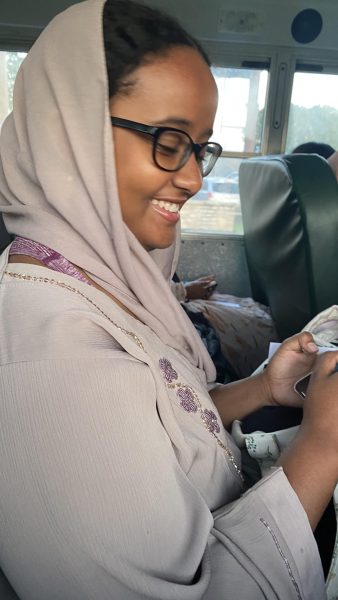
The war had started in the late 1970s after a failed coup, but there had already been political instability, clan rivalries, and foreign intervention that all further instigated the conflict. Much like the Darfur genocide in Sudan, the war carried ongoing violence that has still continued on today.
“It’s a difficult thing to have an emotion for,” Ilkaqor said.
In the camp in Kenya, families would receive more rations if the men were providing some sort of labor to the camp. However, since a lot more of the men had died in the war, a disproportionate amount of women and children were left behind.
“They had already fled war, the next thing was hunger,” Ilkaqor said, also sharing that there was a lack, as well as abuse of resources in the camp.
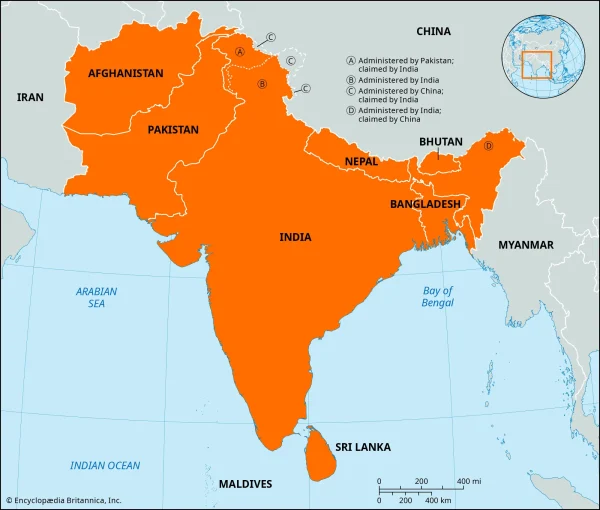
Her grandma had a job with the United Nations Children’s Fund (UNICEF) where she helped pass out rations of sorts, which Ilkaqor credited to shortening the time it took for their relocation process.
Relocation is a long and tedious process, starting with a referral from UNHCR, followed by rigorous vetting and screenings. It’s even more difficult for those with any legal or criminal records, often resulting in rejection from resettlement.
In the refugee camps in Nepal, the relocation program was not even launched until 2007. Those with children were given priority, and my parents had not had me yet when the referral process had begun so they were not included in the first batches of people admitted into the process.
My family applied for resettlement around 2015, and by that time, a lot of the camp had been emptied out. I remember being picked up by big white buses for medical screenings, interviews, orientation, and then finally to the international airport in the country’s capital.
We arrived in the United States in May of 2016, and were settled into Columbus with the help of Community Refugee & Immigration Services (CRIS).
Arja’s family was relocated a little earlier, in 2013, after spending five years in the camp in Egypt. “I have sadness and resentment,” Arja said, referring to the displacement, “but as I’ve gotten closer to my religion, although this bad thing happened I’ve reminded myself to be thankful for where we’re at now,”
Ilkaqor’s family came here in 2010, and she also reflects with a similar sense of gratitude, feeling that she and her family are extremely lucky to have resettled as quickly as they did, as well as for the support of the community here.
A majority of her extended family was also relocated here, and they were initially placed in apartments that already had a lot of refugees, some of which they’d previously been with in Kenya. Ilkaqor attributed it to feeling a sense of community and belonging, even in a foreign place.
Junior Anisa Farah also has roots in Somalia, but was born in the US around 18 years after her parents were displaced. She shared that her mother’s childhood home was destroyed in the war.
Her family, similarly to Ilkaqor’s, first sought asylum in Kenya, then Germany, the Netherlands, and finally here; All of Farah’s siblings were born in different places.
“I would’ve liked to grow up in Somalia,” Farah said, but it is a country she has not even had a chance to see.
Refugee is not an identity individuals choose but rather one thrust upon them. It can come with years of displacement in overcrowded camps and scarcity of necessary resources.


